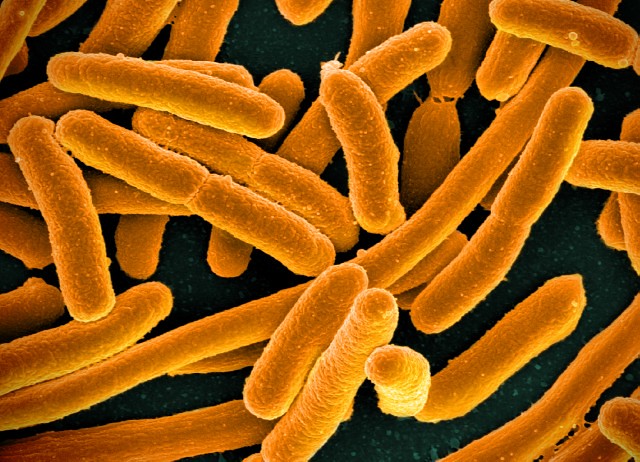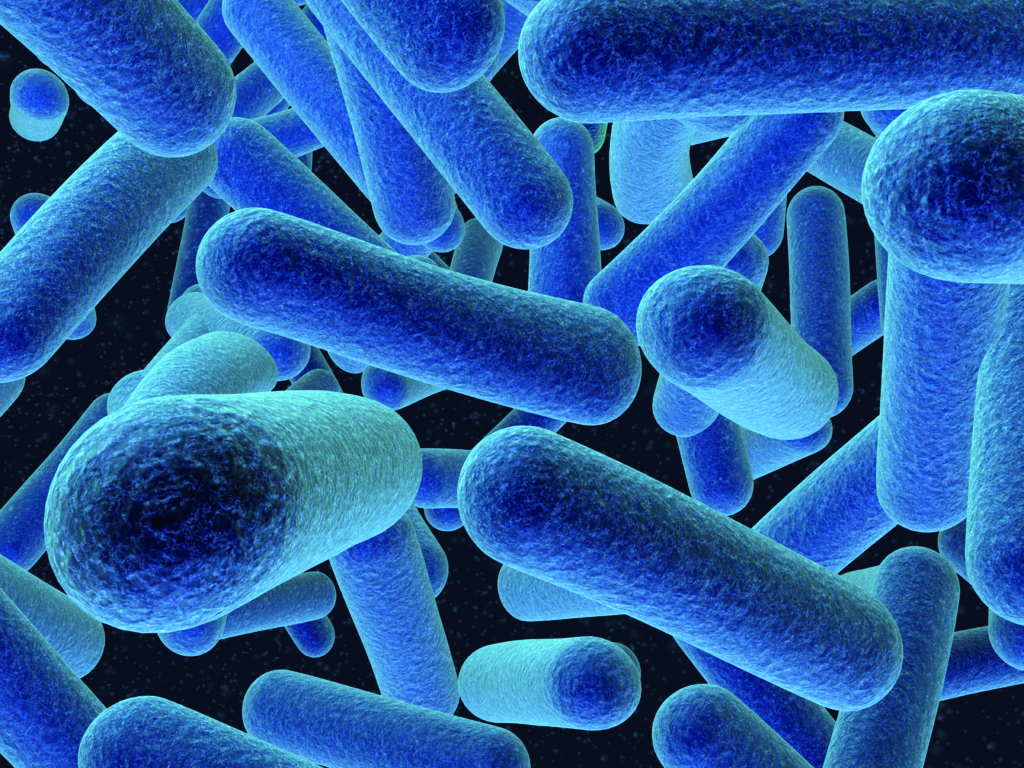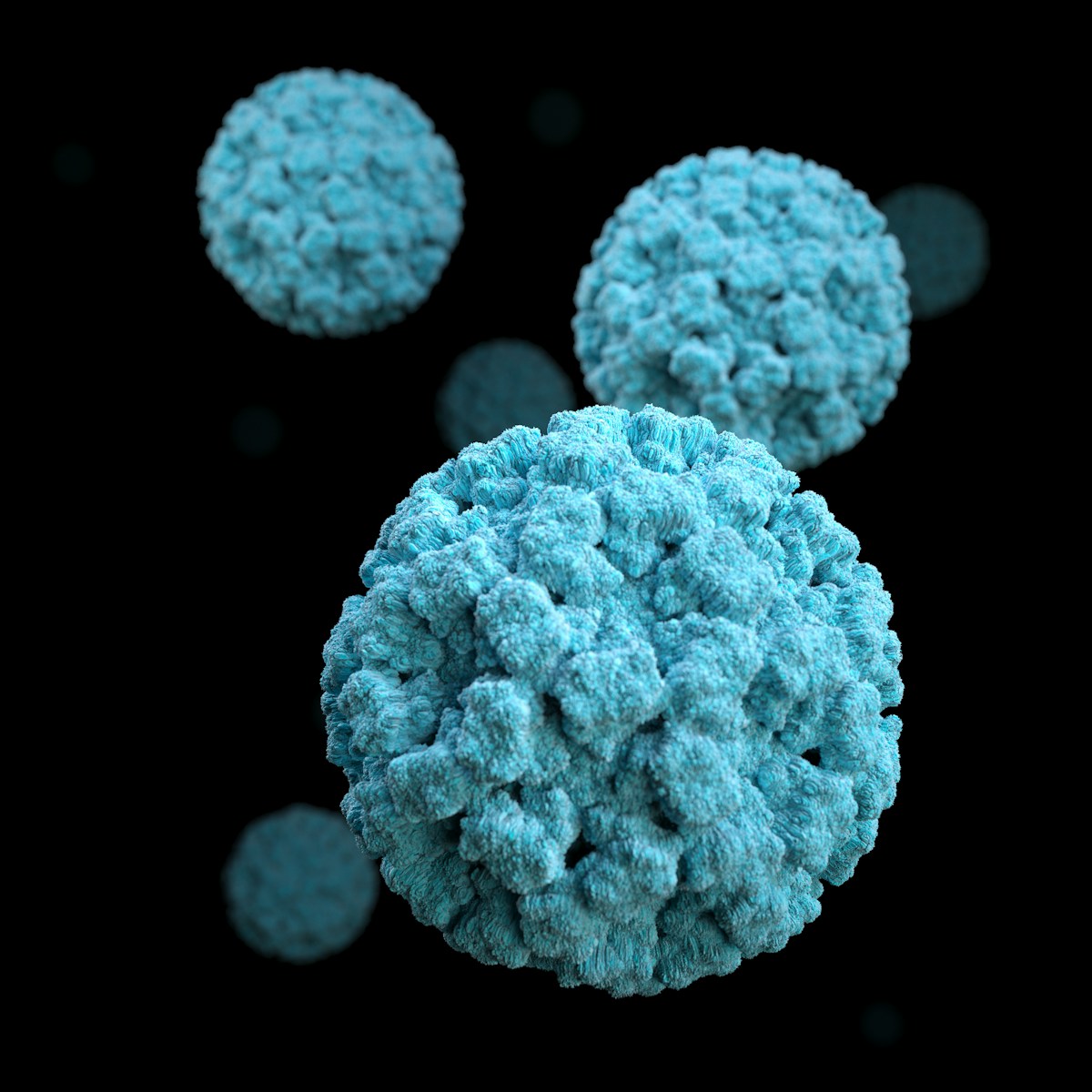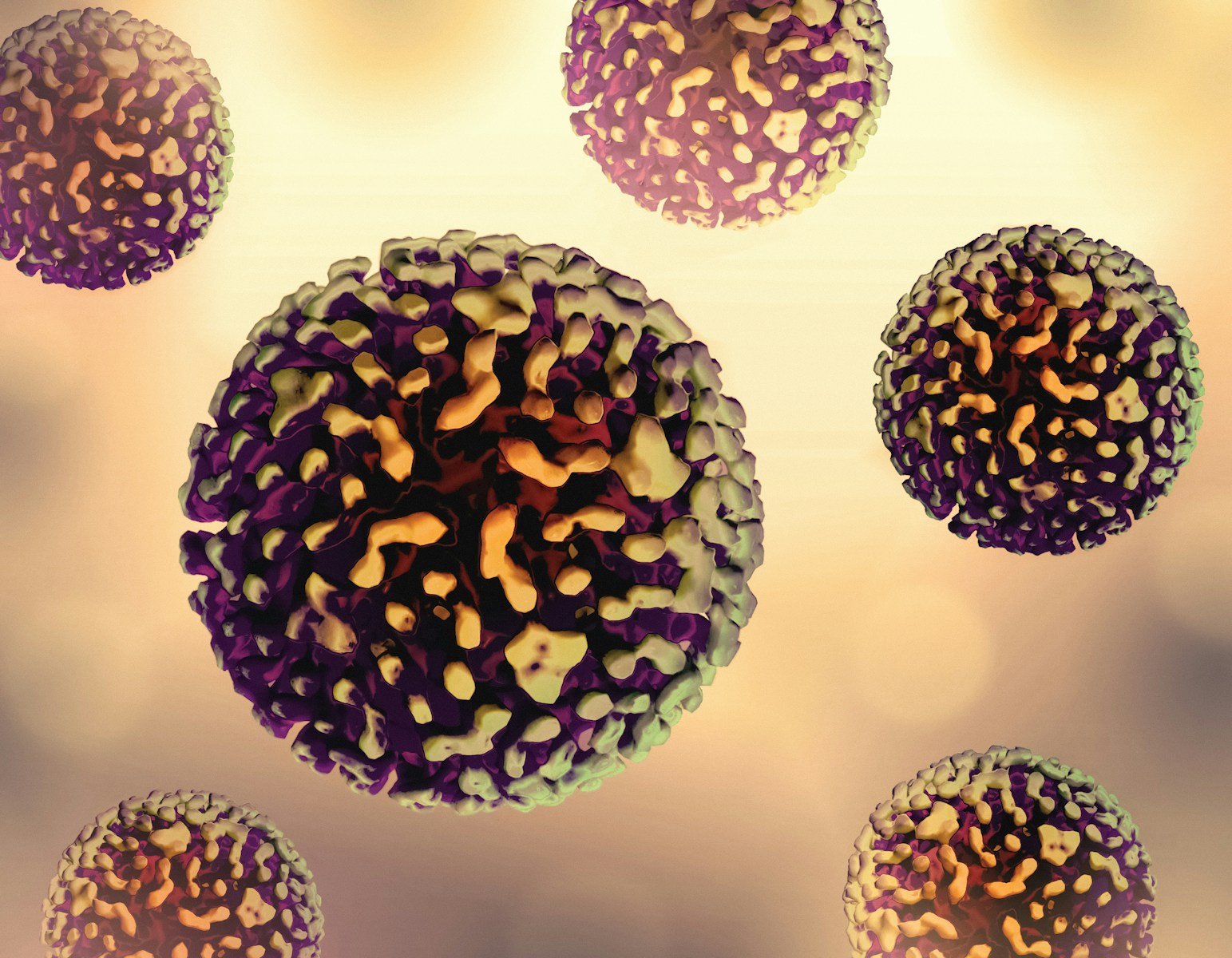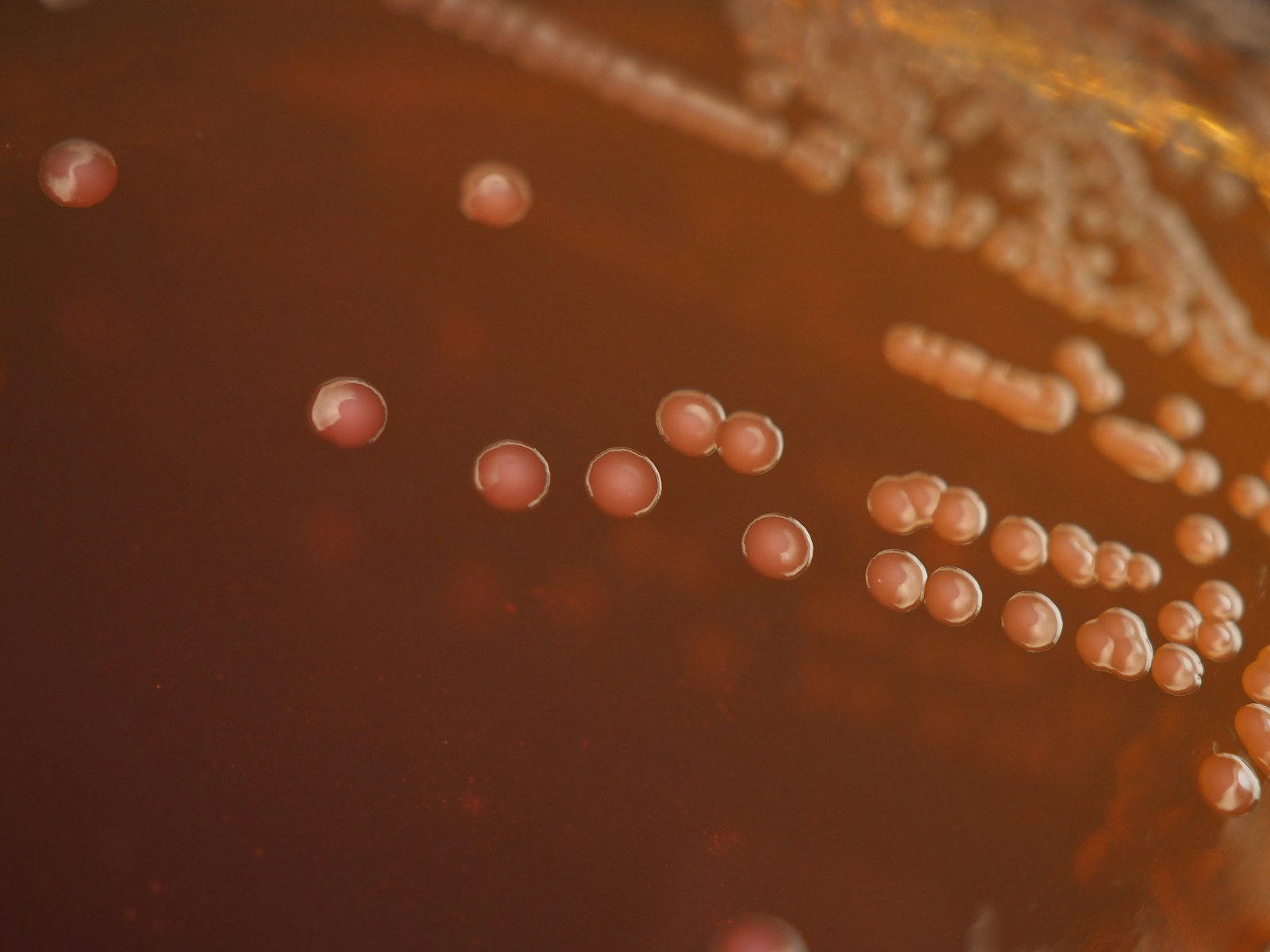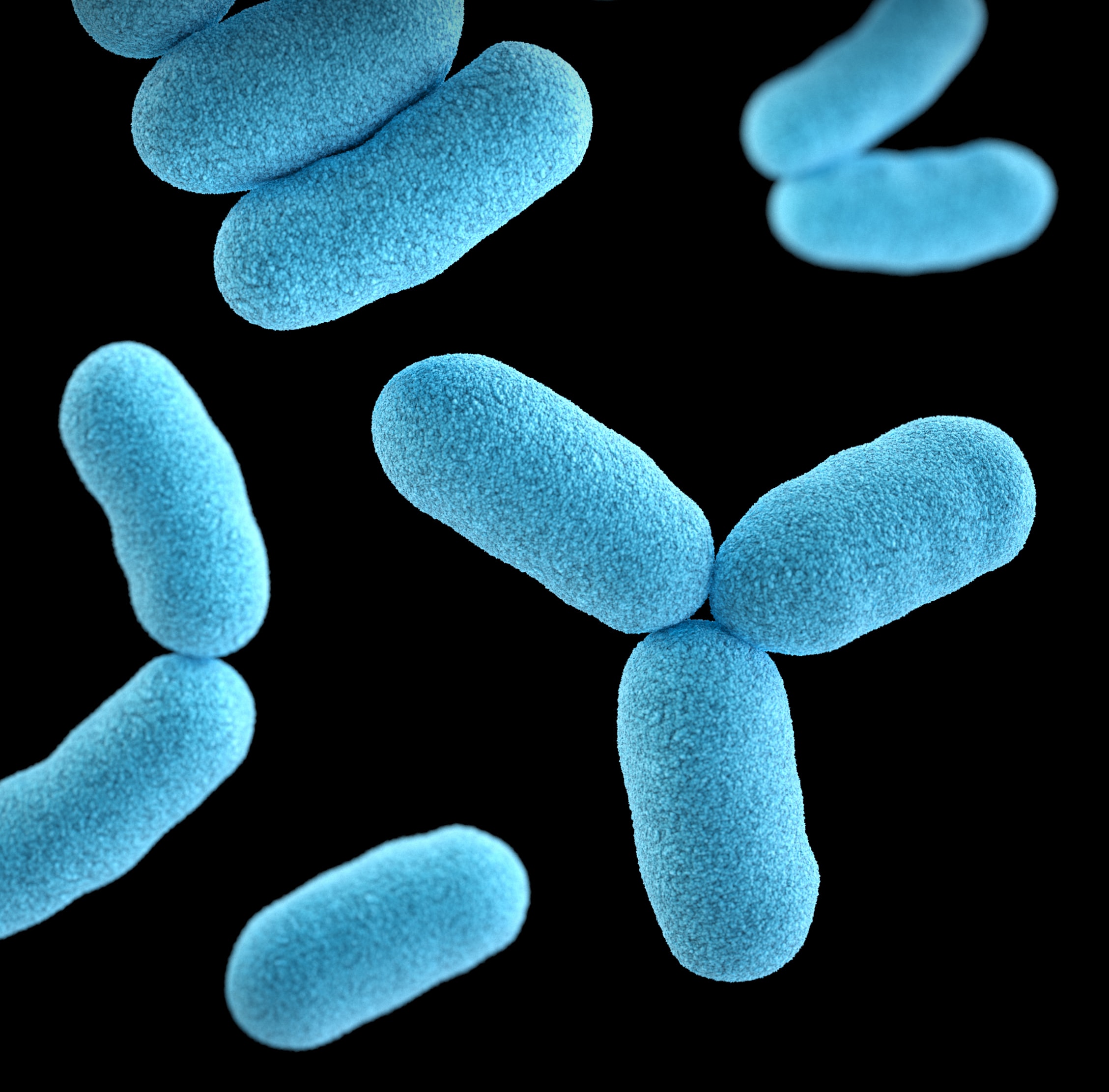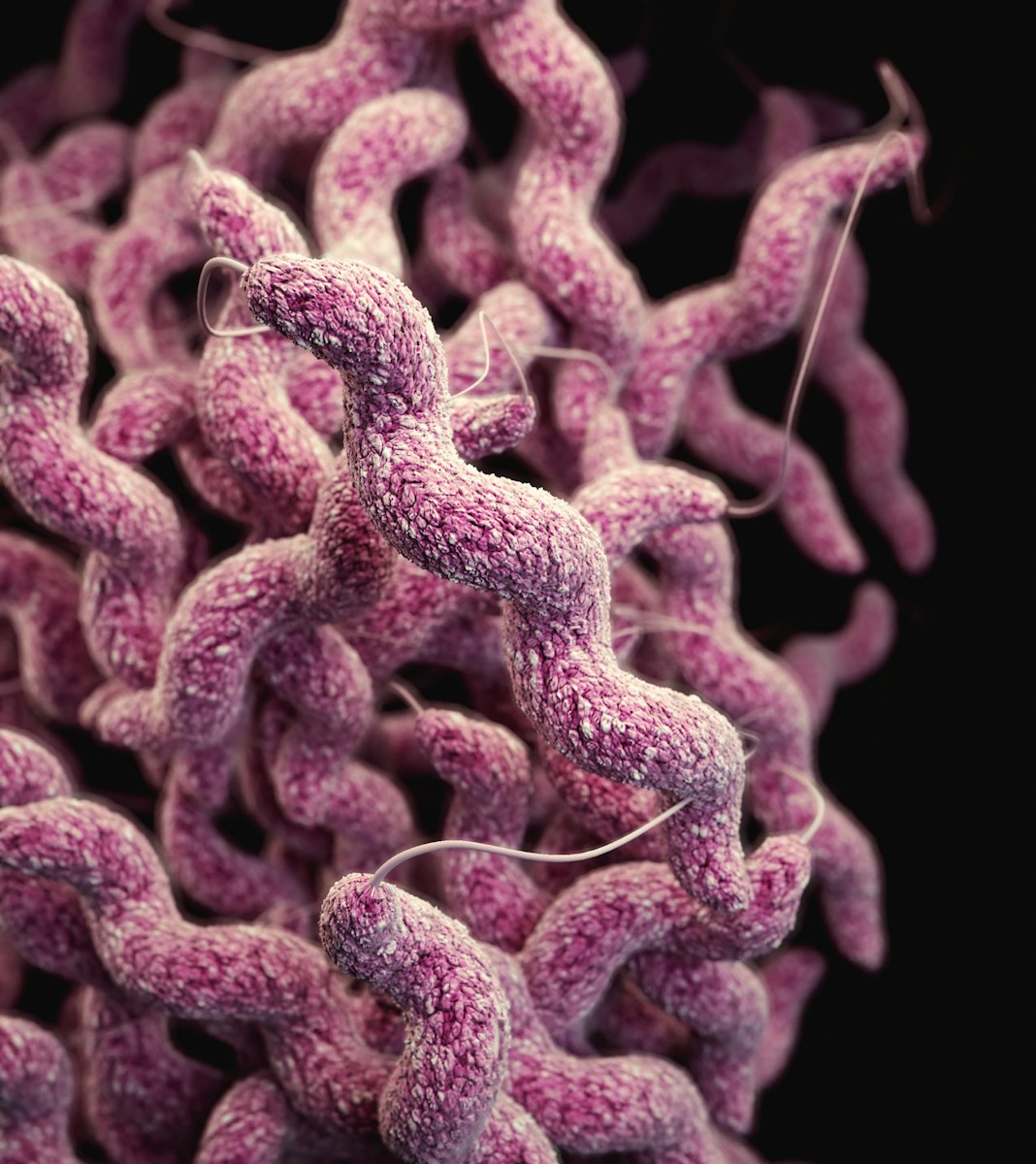Virginia and Nationwide | Lawyers for Food Poisoning
Food Poisoning Lawyers. Helping People Recover After Contaminated Food Outbreaks.
With decades of legal experience, our Virginia attorneys have secured millions of dollars helping people recover in major cases of contaminated food, severe food poisoning, food recalls, and foodborne illness.
If you’ve suffered a severe illness after eating contaminated food, you may have a number of questions: Can you recover for your injuries? If so, who is responsible? The restaurant? The grocery store? The company that made the food? The company that sold the food?
When you call our office, we will work to answer each of your questions. We consult with food industry experts and medical professionals to identify the source of contamination. We help you obtain justice. We also help improve the safety of our food. Cases involving contaminated food may include any of the following: E. Coli, Listeria, Salmonella, Botulism, Shigella, Hepatitis A, Norovirus, Campylobacter, and Guillain-Barré Syndrome.
Our work as Virginia food poisoning lawyers has earned recognition for some of the nation’s largest food safety settlements. We stand ready to help you recover. We will go over your legal options and begin discussing how to build a case. To get started contact us to schedule a free consultation.
Virginia Lawyers for Food Poisoning
“When industry food suppliers sell tainted food, they should be held accountable. A foodborne illness can cause someone to lose their livelihood or face bankruptcy from medical bills. We step in to help our clients recover. By standing up to large companies, we also make food safer for our community.”
_________________________________________
Lawyers for Food Poisoning – Virginia and Nationwide
A dedicated team of lawyers and experts for food safety cases.
What Our Clients Say
“Les Bowers and his team were outstanding in representing my wife and I after a serious accident. Their professionalism, attention to detail, and dedication to our case helped give us piece of mind in a very stressful situation. I would no hesitate to recommend them to family or friends.”
★ ★ ★ ★ ★
— Earl H.
“Mr. Les Bowers and his team (Mena and Molly) are caring, compassionate, efficient and responsive. We were fortunate to have received a referral to this firm and highly recommend their services. They advocated for our family while providing excellent guidance and support during a very difficult time.”
★ ★ ★ ★ ★
— Linda W.
“I worked with Greg Webb at MichieHamlett on a case where my daughter was injured in an accident. I was very impressed at the level of professionalism and the compassion and caring shown my daughter. We were very pleased at the outcome and that we were able to settle without going to court.”
★ ★ ★ ★ ★
— J.B. Mitchell
Virginia and National Counsel for Food Poisoning Cases

Les Bowers, Esq.
Award-Winning Lawyer for Catastrophic Food Poisoning Cases Following Contaminated Food Outbreaks in Virginia and Nationwide

Tony Russell, Esq.
Award-Winning Lawyer for Catastrophic Food Poisoning Cases Following Contaminated Food Outbreaks in Virginia and Nationwide
Frequently Asked Questions About Food Poisoning Cases
Understanding Foodborne Illness
Foodborne illnesses, often referred to as food poisoning, occur due to consuming contaminated, spoiled, or toxic food. The symptoms can range from mild gastrointestinal discomfort to severe dehydration and life-threatening conditions. Common pathogens include bacteria like Salmonella, E. coli, and Listeria, as well as viruses such as Norovirus and Hepatitis A. It’s crucial for individuals to recognize the symptoms early on, which typically include nausea, vomiting, diarrhea, and fever, and seek medical attention if necessary.
Food Safety Lawyers
Our team of Virginia food poisoning lawyers navigates the complex legal issues arising from foodborne illnesses. We offer dedicated, zealous representation to those affected by contaminated food, pursuing formal legal action to enforce food safety laws and regulations and secure compensation for our clients. We work to hold responsible corporations accountable, whether it’s a restaurant (click here for information about the McDonald’s E. coli outbreak), food manufacturer (click here for information about the Boar’s Head Listeria outbreak), or retailer, providing a pathway to justice for victims of foodborne illnesses.
Common Questions After Experiencing Foodborne Illness
As a victim of foodborne illness, you may have several urgent questions: “What are my rights?” “What is the process for proving a foodborne illness claim?” “What are the types of compensation available?” “When must I take legal action?” Our team of lawyers and experts can help you understand the nature of your illness, identify the source of contamination, and gather evidence to successfully obtain a recovery.
Proving Your Foodborne Illness Claim
To establish a foodborne illness claim, it’s essential to demonstrate a direct link between the consumed food and the illness. This often involves medical tests confirming the presence of specific pathogens, documentation of food purchase and consumption, and sometimes, epidemiological evidence from health department investigations into outbreaks. As experienced food safety lawyers, we can help gather and present this evidence effectively to support your claim.
Compensation for Victims
Victims of foodborne illness may be entitled to various forms of compensation, including medical expenses, lost wages, and pain and suffering. In more severe cases, long-term care costs and punitive damages might also be awarded. As a food safety lawyer, we can evaluate the full extent of your damages and advocate for fair compensation, ensuring that you receive the financial support needed for your recovery and rehabilitation.
Taking Legal Action: Timelines and Considerations
There are strict timelines, known as statutes of limitations, within which a victim must file a foodborne illness lawsuit. These vary by jurisdiction and can be complex, making timely legal consultation essential. A food safety lawyer can provide guidance on these deadlines and help prepare and file your case, ensuring that your legal rights are protected throughout the process.
Take the Next Step
For individuals affected by foodborne illnesses, navigating the aftermath can be overwhelming. Our team of food safety lawyers play a pivotal role in providing expertise, support, and advocacy. Our goal in every case is to secure justice for victims of foodborne illnesses and make our community more safe. Contact us today to schedule a free case review to get started.
Legal Help in Your Virginia and National Food Outbreak Case
If you’ve suffered foodborne illness, we can lead the way to recovery.
Salmonella
Salmonella is a genus of bacteria that is one of the most common causes of foodborne illness, known as salmonellosis. These bacteria can infect the intestinal tract and occasionally the bloodstream, leading to symptoms such as diarrhea, fever, and abdominal cramps. Salmonella is typically spread through the consumption of contaminated food such as undercooked meat, poultry, eggs, or egg products, as well as through contaminated water and contact with infected animals. While most people recover without treatment, salmonellosis can be severe.
E. Coli
E. coli, short for Escherichia coli, is a diverse group of bacteria that can be found in the environment, foods, and intestines of people and animals. Strains like E. coli O157:H7 can cause serious foodborne illness and lead to severe diarrhea, urinary tract infections, respiratory illness, and other conditions. E. coli infections are typically contracted through the consumption of contaminated water or food, particularly raw or undercooked ground beef, raw milk, and fresh produce. Due to its potential to cause severe symptoms and outbreaks, E. coli is considered a significant cause of foodborne illness.
Listeria
Listeria refers to a type of bacteria, specifically Listeria monocytogenes, which causes listeriosis, contracted by eating food contaminated with the bacteria. Listeriosis can be particularly severe for pregnant women, newborns, the elderly, and individuals with weakened immune systems. The bacteria can survive in refrigeration, making it a concern in a variety of foods, including soft cheeses, deli meats, and unpasteurized dairy products. Listeria can lead to complications such as meningitis and septicemia, and it is known for its high hospitalization and mortality rates among those at risk.
Norovirus
Norovirus is a highly contagious virus known for causing acute gastroenteritis, leading to symptoms like stomach pain, nausea, diarrhea, and vomiting. It is indeed considered a foodborne illness because it can be transmitted through consuming contaminated food or water, in addition to person-to-person contact and contact with contaminated surfaces. Outbreaks are common in closed and crowded environments like cruise ships, nursing homes, and schools, and they are particularly associated with food that has been handled by an infected person or contaminated during production or processing.
Hepatitis A
Hepatitis A is a highly contagious liver infection caused by the hepatitis A virus (HAV). It is considered a foodborne illness because it can be transmitted through the ingestion of food or water contaminated with the virus, often from fecal matter. Common sources include contaminated produce, shellfish from polluted water, and food handled by an infected person who has not properly washed their hands. While hepatitis A can lead to mild to severe illness, it’s preventable through good hygiene practices and vaccination.
Shigella
Shigella is a genus of bacteria responsible for causing shigellosis, an infectious disease characterized by diarrhea, fever, nausea, and sometimes severe abdominal cramps. Shigellosis is indeed a foodborne illness, as Shigella bacteria can be transmitted through the consumption of contaminated food or water. The bacteria are highly contagious and can also spread through person-to-person contact, particularly in settings with inadequate sanitation.
Botulism
Botulism is a rare but serious condition caused by toxins produced by the bacterium Clostridium botulinum. It is indeed a foodborne illness when the consumption of food containing these toxins leads to the disease.
Botulism can cause paralysis, starting with the muscles of the face and then spreading to the rest of the body, and can be life-threatening if not treated promptly. The bacterium can thrive in low-oxygen conditions, making improperly canned, preserved, or fermented foods a common source for the disease.
Campylobacter
Campylobacter is a genus of bacteria that is one of the most common causes of foodborne illnesses worldwide, known as Campylobacteriosis. These bacteria typically infect the gastrointestinal tract and can cause symptoms such as diarrhea, fever, abdominal pain, and cramping. Campylobacter is often spread through the consumption of undercooked poultry, unpasteurized milk, and contaminated water. It can also be transmitted through contact with infected animals or the environment contaminated with the bacteria.
Guillain-Barré Syndrome
Guillain-Barré Syndrome (GBS) is a rare neurological disorder in which the body’s immune system mistakenly attacks part of its peripheral nervous system—the network of nerves located outside of the brain and spinal cord. This can lead to muscle weakness, numbness, and even paralysis. The exact cause of GBS often follows respiratory or gastrointestinal viral infections, including food illness.

